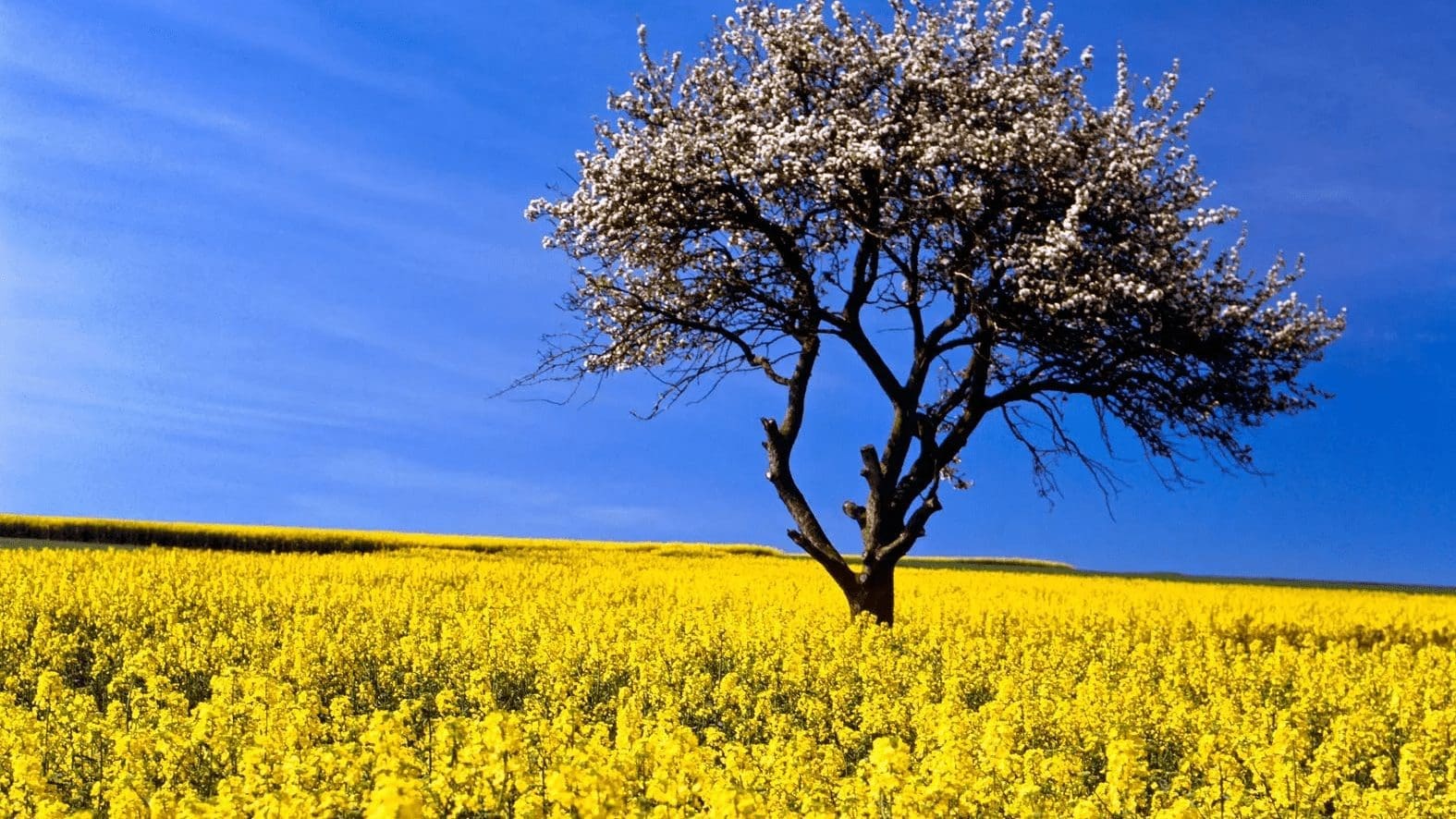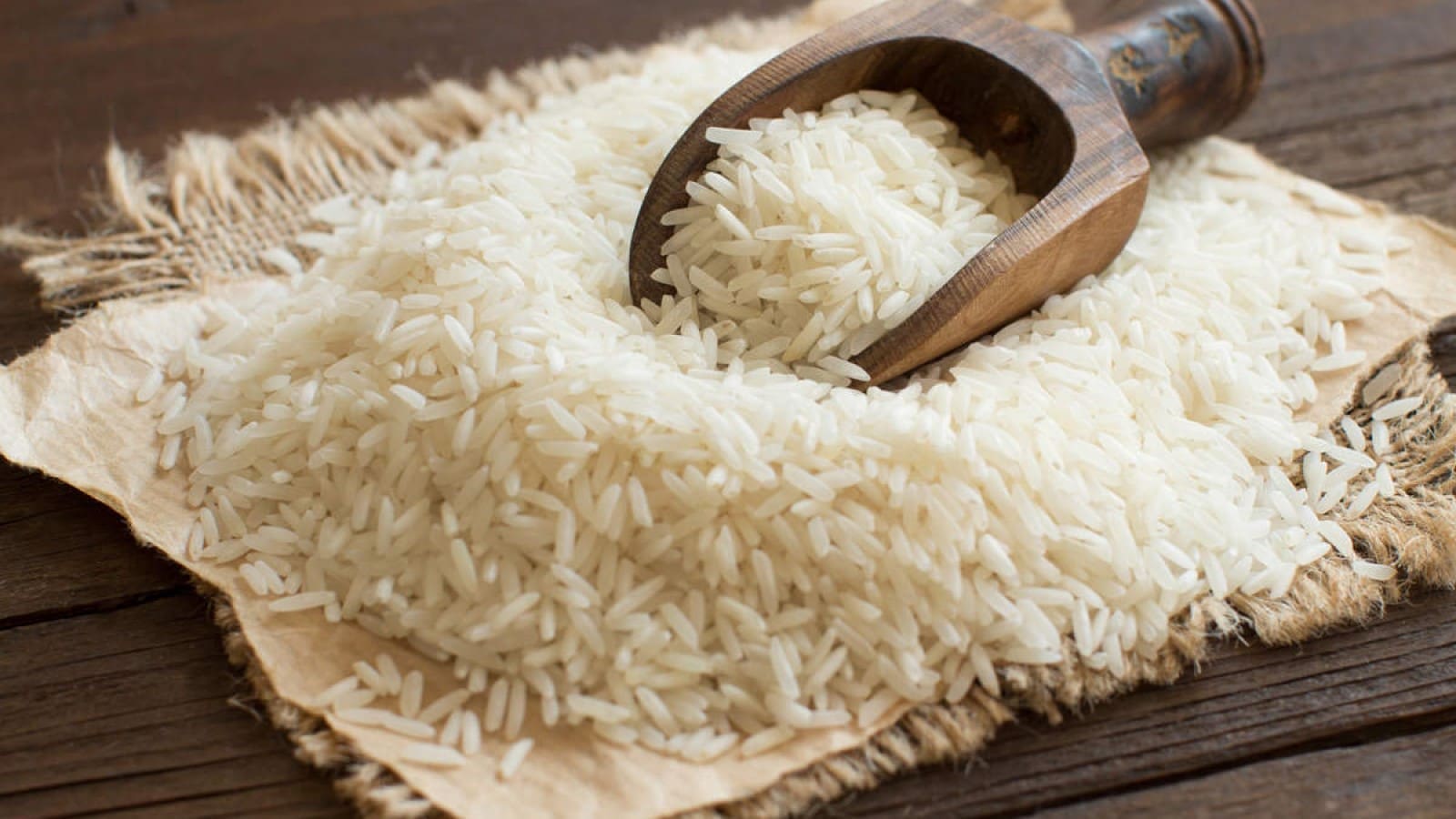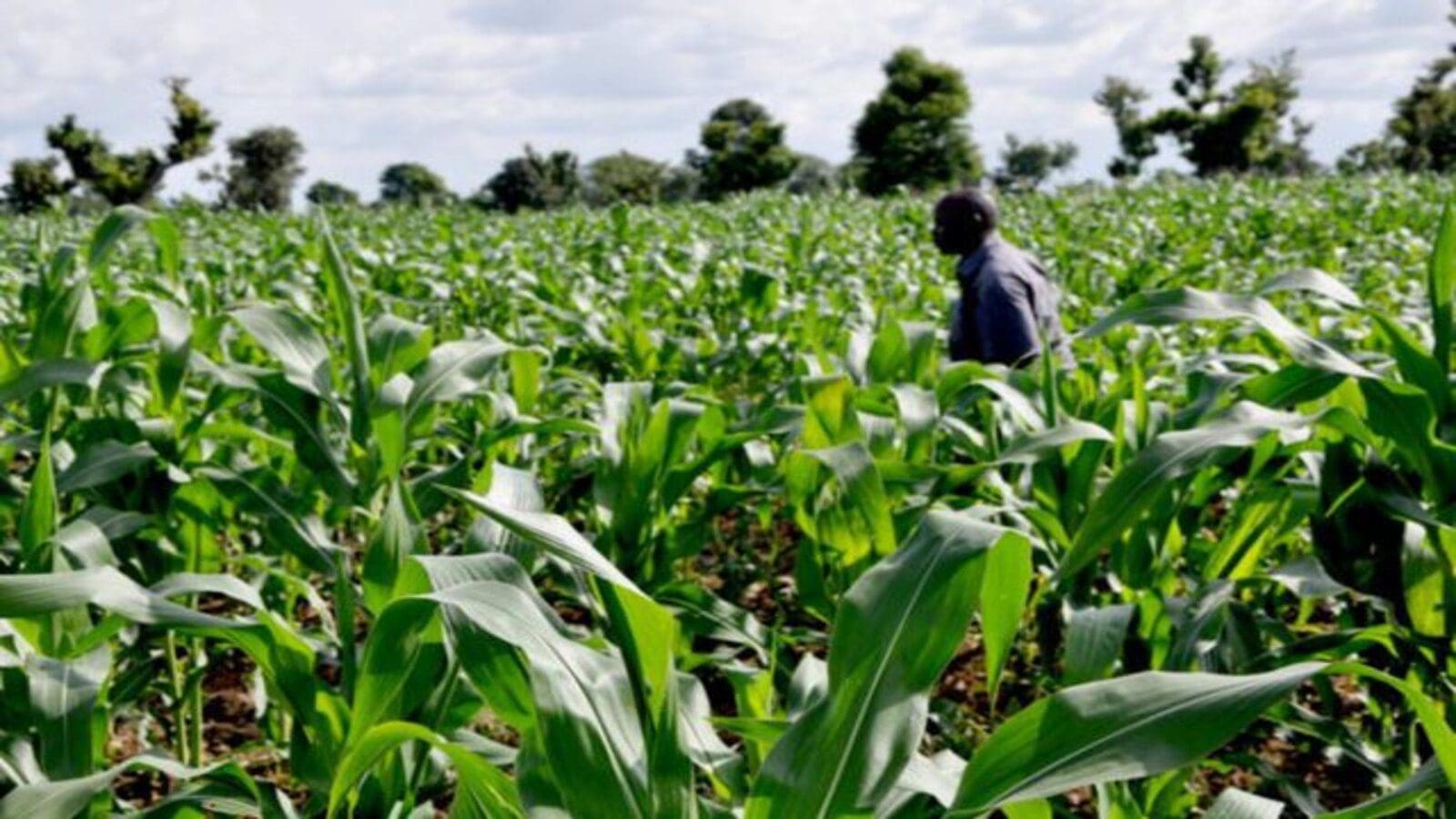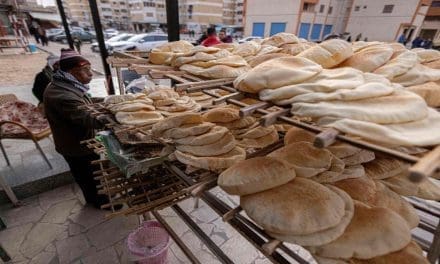INDIA- According to a Rapeseed-Mustard Sowing Update by USDA staff, the quality of India’s crops in 2023 is likely to suffer, thanks to early-season frost damage and elevated late-season temperatures.
Rapeseed (Brassica campestris) and Mustard (Brassica juncea) are primary winter oilseed crops in India, grown in the Rabi season, from September-October to February-March.
These are the third most important edible oilseed crops worldwide after soybean and oil palm, and India is one of the largest producers of these crops globally.
While rapeseed and mustard can grow in tropical and temperate zones, they require cool and dry weather for optimum growth and are not drought-tolerant.
They also require a fair supply of moisture during the growing period and dry, clear weather at the maturity time.
Rapeseed is especially more liable to suffer from frost and cold and is usually sown earlier and harvested before the onset of frost.
Therefore, predicted changes in weather patterns resulting in frost in the early season and high late-season temperatures are likely to damage the quality of the crops.
Bouts of January rainfall, frost, and hail in northern Rajasthan indicated minimal crop impact and limited damage.
Concurrently, late-season temperature spikes have been reported in northern Rajasthan, potentially impacting the yields of later-season varieties. The erratic and extreme temperature phenomenon is likely to impact seed development and oil content.
Production to decrease in MY 2022/2023
The above-highlighted phenomena will not only affect the crop quality, but also the quantities produced in India, although India has placed more land under cultivation of these crops.
According to India’s Ministry of Agriculture and Farmers Welfare (MOAFW), the area under rapeseed mustard for MY 2022/2023 increased by eight percent over the previous MY, thanks to adequate rainfall and sufficient soil moisture during the winter growing season.
In Rajasthan, the largest rapeseed-mustard-producing state, favorable market prices during the planting season inspired increased sowing, by approximately 14 percent.
Similar to rainfall patterns in 2021, an extended southwest monsoon through the latter half of October 2022 supported adequate soil moisture and reservoir storage for irrigation.
According to the MOAFW reservoir storage bulletin, gross volume water storage available in the northern region reservoirs for crop irrigation (Rajasthan, Punjab, Himachal Pradesh) was 19.66 billion cubic meters and 47 percent of total live storage capacity as on February 23, 2023.
Despite the sufficient rainfall and available water resources for irrigation, India’s rapeseed and mustard crop production for MY 2022/23 (October-September) could decline slightly to 11.4 MMT, produced on 9.2 million hectares.
The late-season temperature spikes, impacting the rapeseed-mustard grain/podding stage, may impact oil content slightly and reduce extraction rates.
For mustard oil, almost all of India’s production is for domestic consumption, and trade is negligible.
Growing oil and meal trade
Despite the slight reduction expected in rapeseed and mustard production in India, demand for exports of oil and meal could continue rising as it has been between October 2022 and January 2023.
In January 2023, rapeseed exports increased by 23 percent compared to December 2022.
As new crop crushing ensues, Post estimates that India will further increase its rapeseed meal exports in the current MY to 1.4 MMT, should prices remain firm and crushing remain at full capacity.
Logistical and shipping advantages favored South Korea, Bangladesh, Thailand, and Vietnam as the top importers of Indian rapeseed meals in MY 2021/2022, a trend that could continue this year.
This trend was mainly due to soybean and rapeseed meals remaining competitively priced globally with comparatively lower Argentine soybean meal favoring the trend.
Price-wise, the January 2023 average price for Indian soybean meal was quoted at US$532/MT as compared to Argentina (US$589/MT) in the same period.
Additionally, on October 18, 2022, the Indian government announced its Minimum Support Price (MSP) for rabi (winter) crops for the current season, increasing the MSP for rapeseed mustard by eight percent to US$684 per metric ton (MT) from the previous season’s price of US$611/MT.
This MSP announcement was another encouraging factor for the greater rapeseed-mustard planting relative to MY 2021/2022.
However, high carryover stocks from the previous MY gradually depressed domestic prices, resulting in new crop arrivals trading near or below the MSP in some markets.
According to industry sources, prices will likely remain flat in the near term despite elevated crushing primarily for exporting rapeseed-mustard meals.
When it comes to imports, India imported crude soybean oil from Argentina, Brazil, and the European Union in 2022 and crude sunflower oil from Ukraine and Russia.
During November 2022 to January 2023 period, Indian traders drastically increased their imports of discounted duty-free sunflower seed and soybean oils, an action that helped temper consumer inflation and led to larger domestic stocks.
Continued Challenges to Releasing Genetically Engineered Mustard
Genetic modification is still a contentious issue in food production in many countries, and that is the case for India’s mustard production.
The Genetic Engineering Appraisal Committee in the Ministry of Environment, Forest, and Climate Change approved the environmental release of genetically engineered (GE) mustard hybrid DMH-11 and its parental lines for developing new crop varieties on October 18, 2022.
However, anti-biotechnology advocacy groups have since objected to the decision, leading to various protests throughout India.
On February 5, 2023, the Punjab state government hinted that it would not permit commercial cultivation of GE-mustard, despite ongoing varietal field trials at the Punjab Agricultural University.
Additionally, India’s Supreme Court on November 30, 2022, heard a petition by activists challenging the government’s action, yielding no verdict.
For all the latest food industry news from Africa and the World, subscribe to our NEWSLETTER, follow us on Twitter and LinkedIn, like us on Facebook and subscribe to our YouTube channel










